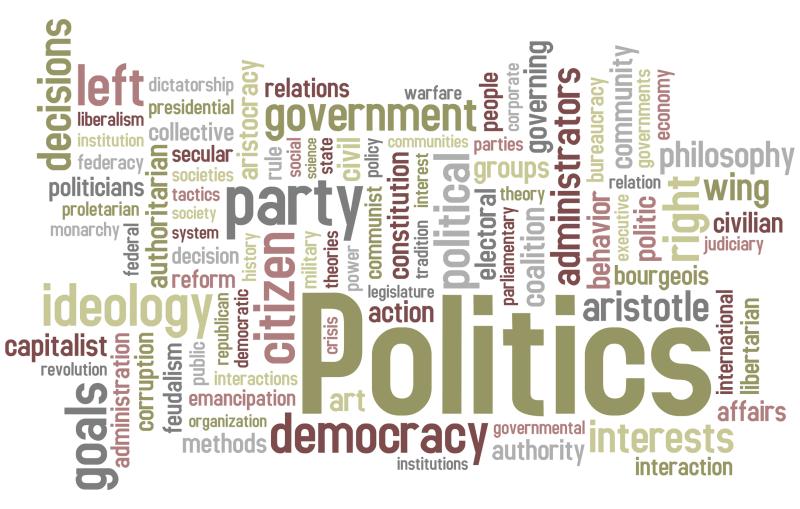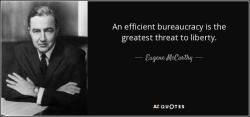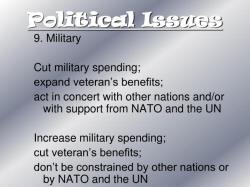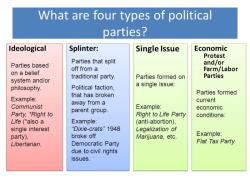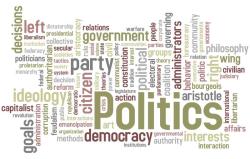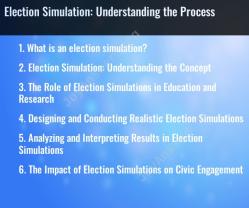What is the definition of a political issue?
A political issue refers to a matter that is of public concern and often involves controversy or debate within a society. These issues are generally associated with government, governance, and the exercise of political power. Political issues can range from broad topics, such as economic policy or national security, to specific and localized concerns, such as zoning laws or municipal budgets.
Key components of a political issue include:
Public Relevance:
- Political issues are matters that affect the public, communities, or the nation as a whole. They are not purely individual concerns but have implications for society at large.
Controversy or Debate:
- Political issues typically involve differing opinions, perspectives, or interests. Controversy arises when there are conflicting views on how to address or resolve the matter.
Policy Implications:
- Political issues often have policy dimensions, as they may require governmental action, legislation, or changes in public policy to address or resolve.
Power Dynamics:
- Political issues are inherently linked to the distribution and exercise of power. They may involve struggles for influence, decision-making authority, or the allocation of resources.
Government Involvement:
- Political issues are closely tied to the role of government. They may arise from government actions or inactions, and their resolution often requires governmental intervention or policy changes.
Public Awareness and Engagement:
- Political issues gain prominence when they capture the attention and concern of the public. Citizen awareness and engagement are crucial for shaping the direction of political discourse and decision-making.
Examples of political issues can include:
Economic Policy: Discussions on taxation, government spending, trade policies, and economic inequality.
Social Justice: Debates on issues related to civil rights, gender equality, racial equity, and LGBTQ+ rights.
Environmental Policy: Concerns about climate change, conservation, pollution, and sustainable development.
Healthcare: Discussions on access to healthcare, healthcare affordability, and the role of government in healthcare provision.
Foreign Policy: Matters related to international relations, diplomacy, and global conflicts.
Education: Issues surrounding education funding, curriculum, access to quality education, and student rights.
National Security: Discussions on defense policies, military interventions, and homeland security.
Political issues are dynamic and can evolve over time based on societal changes, technological advancements, and shifts in public opinion. They form the basis of political discourse, elections, and the democratic process as citizens and policymakers engage in discussions to shape the direction and priorities of a society.
What is the definition of a political issue, and how is it identified?
A political issue is a question or concern that affects a group of people and that is debated by the public and the government. Political issues can be about a wide range of topics, such as the economy, healthcare, education, crime, and the environment.
Political issues are identified by a variety of factors, including:
- Media coverage: Political issues are often identified by the media. When the media reports on a particular topic, it can raise public awareness of the issue and lead to public debate.
- Public opinion polls: Public opinion polls can be used to identify political issues that are important to the public.
- Government activity: The government may also identify political issues. For example, the government may hold hearings on a particular issue or appoint a commission to study the issue.
How are topics categorized as political issues, and what distinguishes them in public discourse?
Topics are categorized as political issues if they meet the following criteria:
- They affect a group of people.
- They are debated by the public and the government.
- They have potential consequences for the distribution of power and resources.
Political issues are distinguished in public discourse by the fact that they are often controversial and there is no clear consensus on how to resolve them. Political issues can also be divisive, meaning that they can split the public into opposing groups.
Are there criteria or factors that determine the significance of a political issue?
The significance of a political issue can be determined by a number of factors, including:
- The number of people affected by the issue.
- The intensity of public opinion on the issue.
- The potential consequences of the issue for the distribution of power and resources.
- The level of media attention paid to the issue.
- The level of government activity on the issue.
In general, political issues that are considered to be more significant are those that affect a large number of people, have intense public opinion, have the potential for significant consequences, and receive a lot of media attention and government activity.
Here are some examples of political issues that are currently considered to be significant:
- The economy
- Climate change
- Healthcare
- Education
- Gun control
- Immigration
- Abortion
- Racial injustice
These issues are all debated by the public and the government, and they have the potential for significant consequences for the distribution of power and resources. They are also all the subject of intense media attention and government activity.
